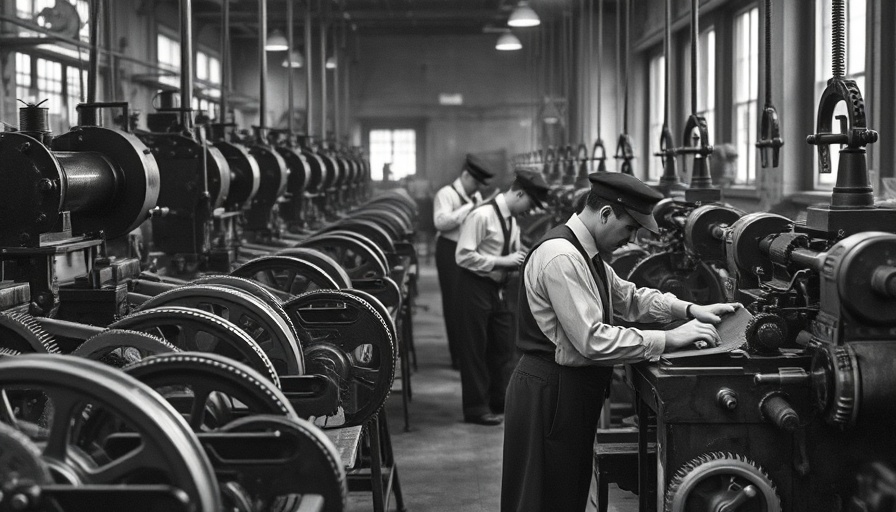
The Origins of Labor Day: A Celebration of Workers
Labor Day, celebrated on the first Monday in September, is more than just a long weekend or a day off from work. It’s a federal holiday dedicated to honoring the contributions of American workers. But how did this holiday come to be? The roots of Labor Day can be traced back to the labor movement of the late 19th century when the fight for better working conditions and rights took center stage.
A Historical Background on Labor Day
The first Labor Day was celebrated on September 5, 1882, when thousands of workers marched in New York City to demonstrate their strength and solidarity. It was a time when workers were fighting for better wages, reduced working hours, and the right to unionize. As industrialization surged, so did the awareness of workers’ rights. This pivotal moment in history not only inspired Labor Day but also pointed to the critical changes needed in labor practices.
Why Labor Day Matters Today
This holiday serves as a reminder of the importance of labor rights and the achievements made by workers and their unions over the years. While the day symbolizes a break from labor, it also invites reflection on ongoing challenges in the workforce, such as workplace safety, equal pay, and the rising gig economy. Understanding the nuances of Labor Day can inspire individuals to appreciate the rights they enjoy today because of those who fought for them.
The Role of Labor Unions
Labor unions played a significant role in the establishment of Labor Day. Early unions fought tirelessly to improve working conditions and secure rights for the labor force. When Labor Day was officially recognized as a federal holiday in 1894, it signified a triumph for the labor movement and the power of collective action. Today, unions continue to advocate for workers' rights in a rapidly changing job market.
General Cultural Significance
As we celebrate Labor Day, it’s essential to recognize its broader cultural significance. Across the nation, families gather for barbecues, parades, and community events. Businesses often capitalize on the holiday with sales and promotions. However, amidst the festivities, the essence of Labor Day serves as a fundamental reminder of the ongoing fight for labor rights in a globalized world.
Future Predictions: The Evolution of Labor Day
Looking ahead, Labor Day could evolve to reflect the changing workforce dynamics. With the rise of remote work and the digital economy, the meaning of labor is reshaping. As more people work outside traditional environments, Labor Day could serve as a platform to address new labor issues, including technological impacts on employment and civil rights in the digital space.
Actionable Insights: How to Honor Labor Day
As we enjoy the holiday, consider ways to honor its significance beyond recreational activities. Engage in discussions about labor rights, support local unions, or participate in community service. Volunteering can embody the spirit of Labor Day by giving back to those who continue the legacy of fighting for workers' rights.
In conclusion, Labor Day is a powerful reminder of the struggles and triumphs of American workers throughout history. It invites ongoing dialogue about labor rights and encourages us to uphold the principles for which many sacrificed. As you celebrate this holiday, acknowledge the work put forth by those before us and reflect on the work still needed today.
 Add Element
Add Element  Add Row
Add Row 



Write A Comment